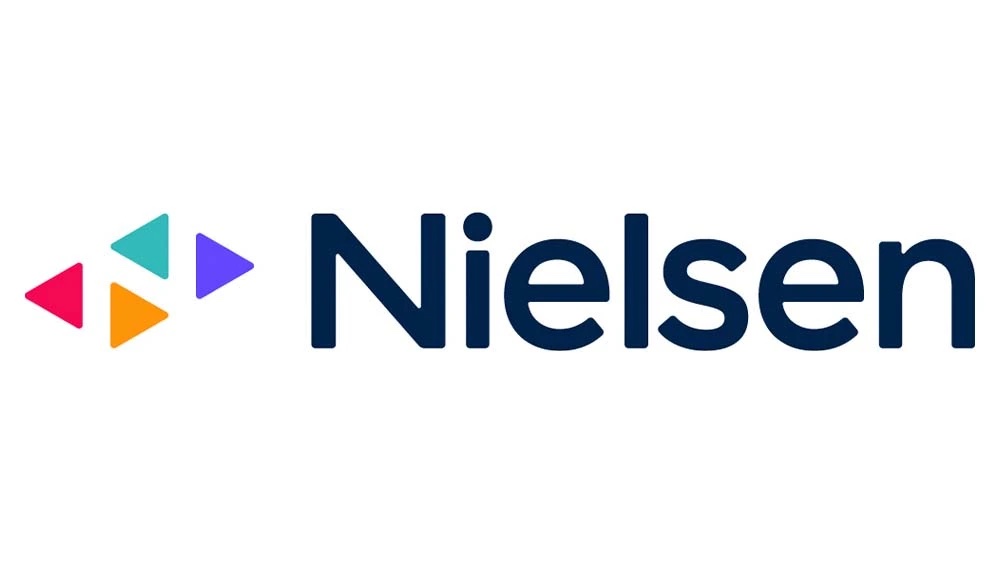West Coast Emmy Engineering Award winners announced
The West Coast version of the 65th Primetime Emmy Engineering Awards will be presented on Oct. 23 at a ceremony at the Loews Hollywood Hotel in Hollywood, CA. Winners of the Primetime Emmy Engineering Awards include YouTube, Aspera, Digital Dailies, iZotope and Lightcraft Technology.
The Philo T. Farnsworth Award will also be given to Sennheiser Electronic Corp. for work that has significantly impacted television technology and engineering. In 1987, Sennheiser was awarded an Oscar at the 59th Academy Awards for its MKH 816 shotgun microphone.
The company began producing modern wireless microphones in 1958 and, in 1996, Sennheiser received an Emmy Award for its advancements in RF wireless technology. In addition to microphones, Sennheiser has always maintained its tradition of high-quality audio technology products, including headphones, amplifiers and speakers.
Chris Cookson wins this year’s Charles F. Jenkins Lifetime Achievement Award, which honors a living individual whose ongoing contributions have significantly affected the state of television technology and engineering. Cookson has done pioneering work in moving production processes from analog to digital, patenting methods of carrying high-quality data on optical media, developing innovative methods for film archive restoration, and laying the blueprint for end-to-end digital workflows with automated distribution. His work at ABC, CBS and Warner Bros., and now as President of Sony Pictures Technologies, has garnered him many awards, including two previous Engineering Emmys.
Among the five Engineering Emmy winners:
• YouTube has changed the way people think about television. Each month, 1 billion people watch 6 billion hours of YouTube video. Each minute, creators upload 100 hours of new programming. To meet this engineering challenge, YouTube created new ways to upload, store and instantly deliver video programming to a global audience. YouTube’s infrastructure allows copyright holders to control and monetize their programming in valuable ways.
• Aspera’s FASP transport technology has enabled the high-speed transfer and synchronization of file-based media data with complete visibility, tracking, bandwidth control and end-to-end security. Transferring with speed, integrity and security file-based media workflows throughout the supply chain (regardless of distance) on low-cost Internet networks rather than shipping physical media via tapes or expensive dedicated satellite networks has proven to be an industry game changer.
Josh C. Kline’s Digital Dailies became an impetus for television industry change by distributing production dailies and cuts via a web-based, streaming approach. Adding content security in the forms of both encryption and watermarking, the system was rapidly adopted due to its secure, fast, reliable and low-cost delivery to anyone with an Internet connection, over which shots can be approved and annotated with frame-accurate comments.
• iZotope has created advanced audio processing software that enables editors and mixers alike to rescue previously unusable or ruined audio. RX can remove and reduce common issues like crackle, clicks, hum and noise. It can repair distorted or clipped audio, as well as eliminate microphone pops, bumps, crickets and birds to mention just a few. The easy user-interface, coupled with powerful algorithms for segregating tonal and noise components, have resulted in it being used by dialogue editors and re-recording mixers, both independent and at all major studios, throughout our industry.
• Lightcraft’s Previzion Virtual Studio System combines a technique to optically track camera movement, with a technology for real-time keying, rendering and compositing. The system can lock foregrounds and backgrounds with nearly any kind of camera move, including cranes, dollies, zooms and Steadicam shots.
The professional video industry's #1 source for news, trends and product and tech information. Sign up below.
With it, green or blue screen footage can be combined with complex computer generated models or moving HD footage using realistic focus and depth of field, with broadcast quality results. It gives productions the ability to shoot a virtual set with the same freedom they would have in a physical set.
• Engineering Plaques will go to Lawo AB for an audio networking and routing system for large scale television entertainment productions and Final Draft, for screenwriting software that has become an industry standard for television writers.
